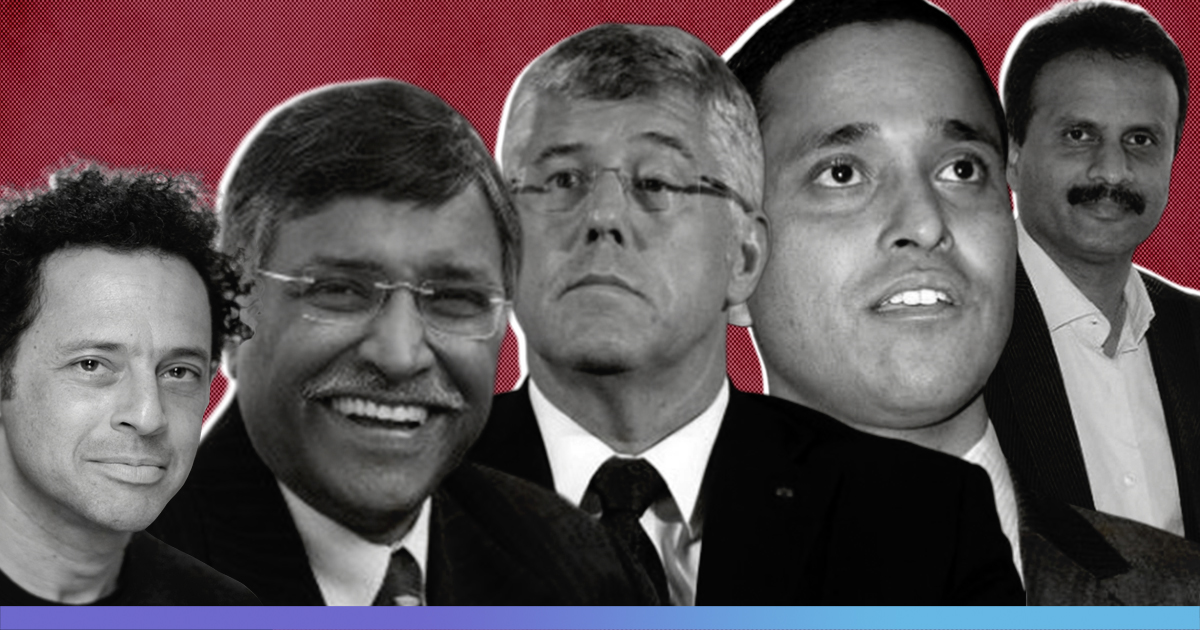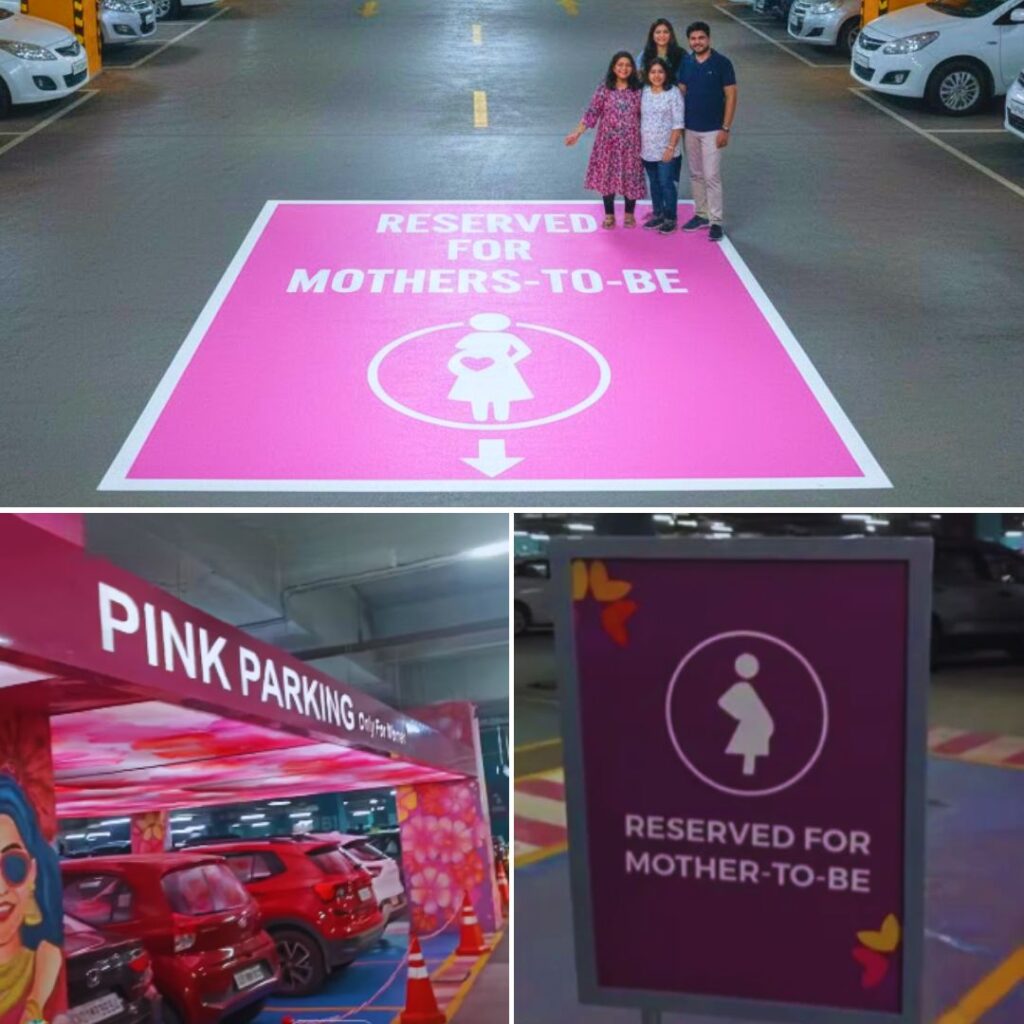The tragic death of Cafe Coffee Day founder VG Siddhartha sent shockwaves across the country. People mourned the death of the man who made us believe that “a lot can happen over coffee”.
CCD, for many, has been a hub of beautiful memories. Siddhartha’s demise was a tragic death for a man who sold dreams.
In our culture, successful entrepreneurs achieve the status of a hero. We naturally idolise the Elon Musks and Mark Zuckerbergs, and celebrate the blazingly fast growth of their startups. We find it hard to wrap our heads around the fact that such rich, successful men cannot have a happy life.
What we do not realize is before they made it big and specially after initial success, many of these successful men and women harbour demons – they often battle severe anxiety and depression. They often find their seemingly perfect world crumbling down under the immense pressure they have to carry on their shoulders.
Sadly, showing vulnerability and admitting such sentiments is a taboo for thousands of such successful businessmen across the world.
Juggling Countless Roles Is Not Easy
Just like Siddhartha, not everyone who walks through the door makes it out. A lot of times, suicidal thoughts and instincts overpower optimism for even the strongest of men and women.
When 47-year-old Jody Sherman, the well-known founder of the e-commerce site Ecomom, took his life in 2013, the entire start-up community was shaken. This incident took place two years after the suicide of 22-year-old Ilya Zhitomirskiy, the co-founder of Diaspora, a social networking site.
Juggling countless roles and facing various setbacks are daily ordeals entrepreneurs have to go through. While struggling to make a payroll, it is only likely that the founders may lose customers, have disputes with partners, be involved in increased competition, and deal with staffing problems.
Handling pressure and dealing with emotional turmoil are not easy tasks, and neither is maintaining work-life balance and dealing with personal and professional issues at the same time.
The sad reality is that the same passionate dispositions that once drove the founders to become successful, ends up consuming them in the end.
In 2012, Raj Travels owner Lalit Sheth, one of the doyens of the tourism industry, went to Bandra-Worli Sea Link and leaped to his death.
The same year, 49-year-old Tsutomu Omori, head of Japan’s Olympus Corp’s medical equipment business, hanged himself outside his apartment.
What Entrepreneurs Say
The Logical Indian spoke to two entrepreneurs to understand how they deal with the ups and downs of their business.
Abhishek Gharat, co-founder of KraftPixel, a company that specializes in web development, says that at the nascent stages of the startup, pressures can be plenty.
“As a leader, pressures come free with the position. But usually, one kind that requires a special mention is the pressure or a feeling of ‘not doing enough’ even when we are maxed out. This is a passive, back-of-the head pressure that I think all leaders face because of the kind of people they are,” Abhishek tells The Logical Indian.
“The psychological effects that running a company has on entrepreneurs are real. The recent suicide of the baron of CCD showed what extreme ends pressures can take people to; it also showed the world that at the end of the day, entrepreneurs are only human and sometimes driven by pure emotion and with pressures like what Siddhartha faced, they can break too,” he adds.
Abhishek says that the initial pressure can keep one up for nights.
“In the beginning days of the startup, pressures kept me up at night — drowning myself on the negatives. When I look back, that has drastically changed today. The way I cope with pressure today is by consciously understanding that these pressures are ‘positional’ and they come to me because there’s nowhere else they can go. I just ask myself, if not me, then who?” he says.
“Just like the moon and sun follow a cycle, like the ebb and flow of sea waves and just like the markets go low and bounce back, the ups and downs will keep happening — whether I like it or not,” he says.
Abhishek says that realizing that it is all a cycle is what keeps him going, and it took him five years to realize that. Nature has been a big inspiration for him.
Abhishek has some important suggestions to give to entrepreneurs who find it hard to deal with stress.
“The first step to solving a problem of the mind is to know that there is one. I don’t know who said this to me once — but it did make a big impact. They said, “If you fail, it’s okay. The next time, you won’t be starting from scratch… you will be starting from experience”,” he says.
“And yes, please stay in touch and talk to fellow entrepreneurs,” Abhishek adds.
Rohit Gupta, founder and CEO of Homedruid, which helps customers find the best personally vetted chefs near them in Bengaluru, echoed Abhishek’s thoughts.
“The pressure of running a startup is enormous, but what keeps us going is our passion. We find the energy to deal with the pressure because of the thrill of the work, and of course, the taste of success in the end,” Rohit says.
“Failures will always come your way, but you need to believe in yourself. I know it becomes hard at times and giving up seems like the only option, but it never is. We all must spend time with ourselves during our free time, doing what we love to do, be it photography, travelling or other hobbies,” he adds.
Most young men and women do not come out and talk about the immense amount of stress that burns them. Most of them perhaps do not realise that seeking help is essential.
Not all successful people are mentally healthy. The external glory that meets our eyes is often a dark abyss in disguise – filled with helplessness, depression, anxiety and an unimaginable amount of pressure.
It is important for startup owners, just as it is for any of us, to seek help in the times of difficulty and lead a mentally healthy life.










